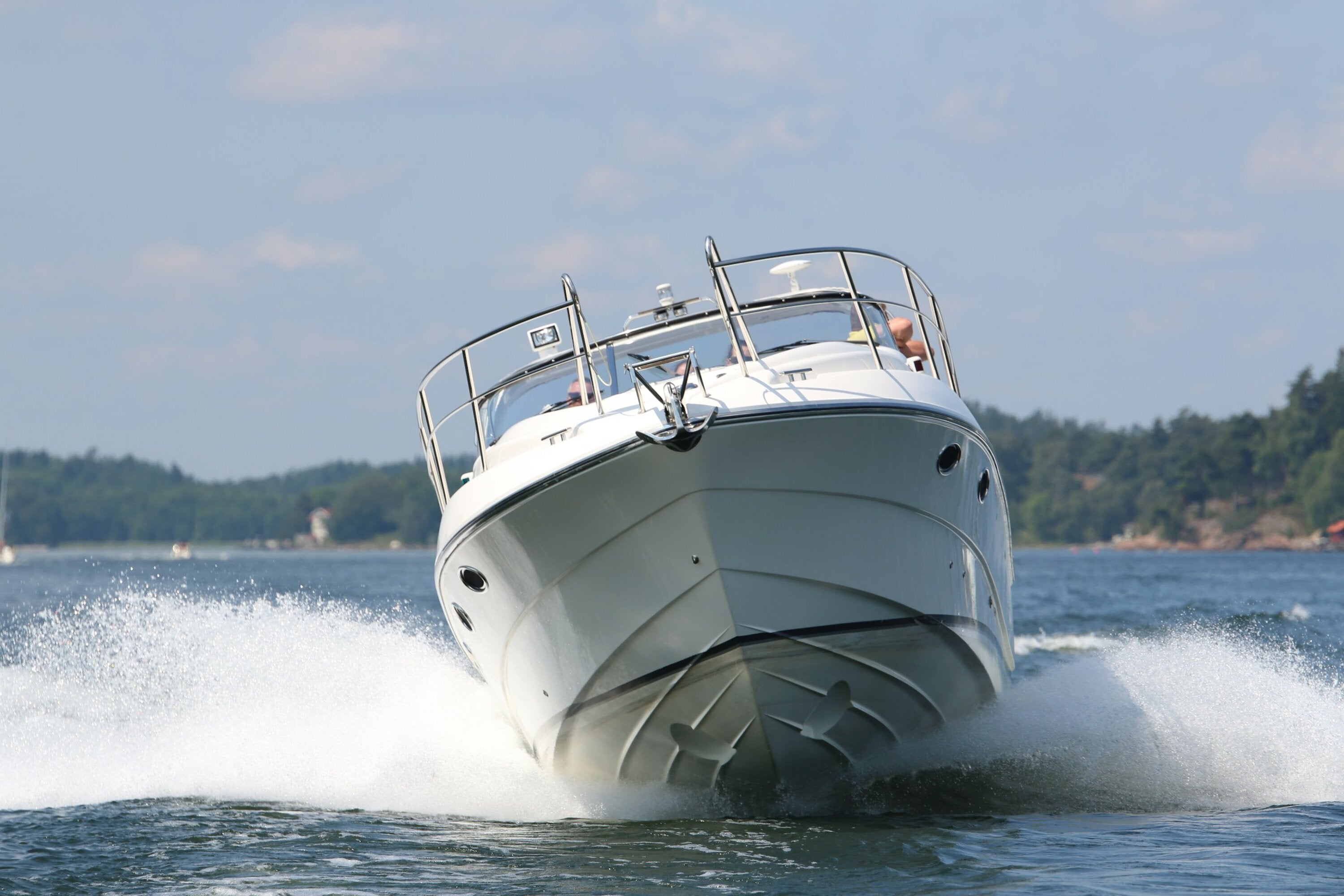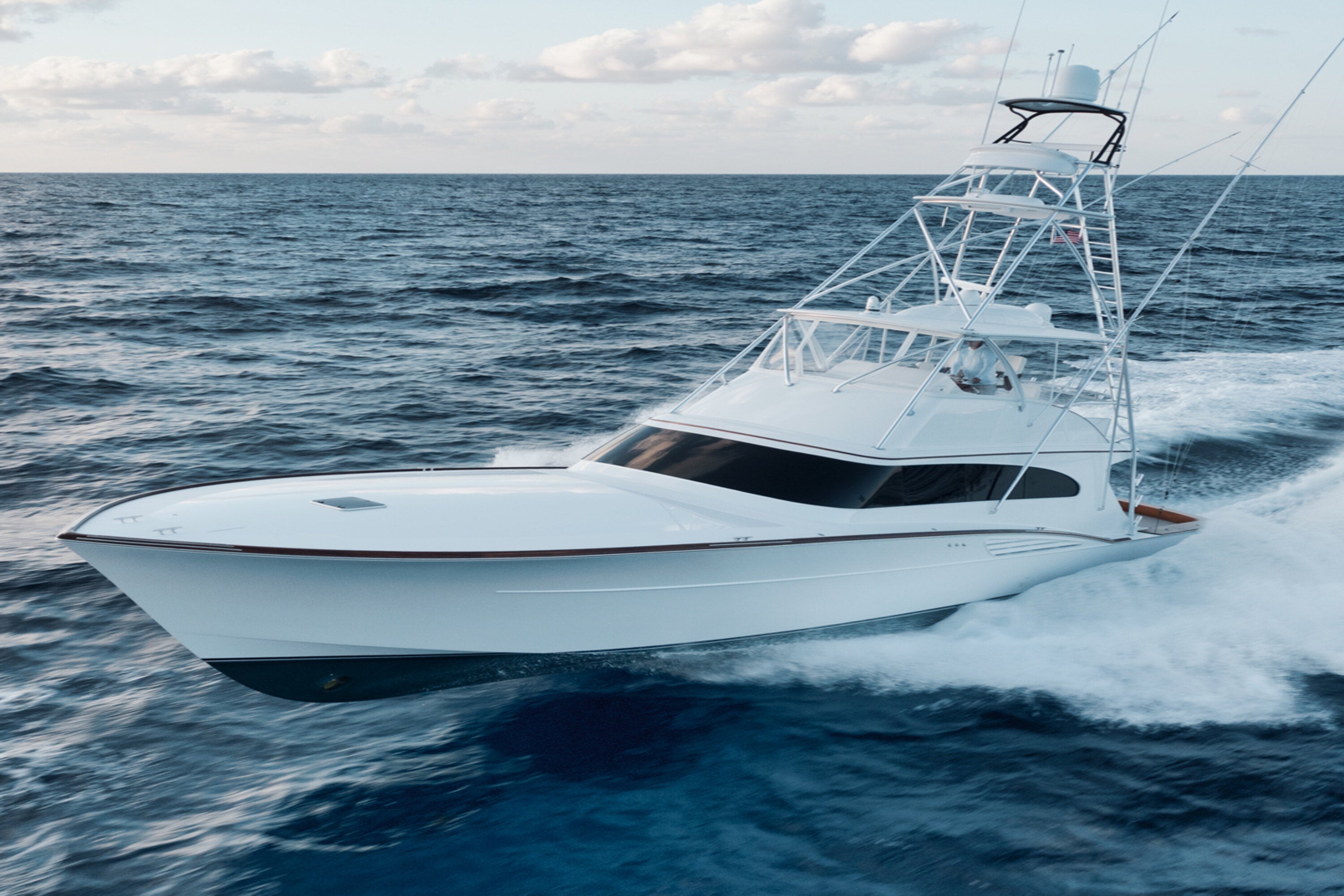Introduction:
In the world of boating and sailing, reliable power is essential for a safe and enjoyable journey. Whether you're cruising along the coastline or embarking on an extended offshore voyage, a robust marine battery charger is a vital component of your onboard electrical system. But with a variety of options available, selecting the right charger can be overwhelming. In this guide, we'll navigate through the key factors to consider when choosing a marine battery charger to keep your adventures powered up.

1. Determine Your Power Needs:
Before diving into the world of marine battery chargers, it's essential to assess your power requirements. Consider factors such as the size and type of batteries you need to charge, the onboard electrical appliances and systems you'll be running, and the duration of your journeys. This assessment will help you determine the charging capacity and compatibility required for your specific setup.
2. Battery Chemistry and Compatibility:
Marine batteries come in different chemistries, including lead-acid, gel, AGM (Absorbent Glass Mat), and lithium-ion. It's crucial to choose a charger that is compatible with the chemistry of your batteries to ensure optimal charging performance and longevity. Some chargers are designed to work with multiple battery chemistries, offering versatility for different onboard setups.
3. Charging Capacity and Multi-Bank Chargers:
The charging capacity of a marine battery charger is measured in amps and determines how quickly it can replenish the charge in your batteries. Consider the total amp-hour (Ah) capacity of your battery bank(s) and choose a charger with sufficient output to charge them efficiently. Additionally, if you have multiple battery banks onboard (e.g., starting battery, house battery), opt for a multi-bank charger that can simultaneously charge multiple batteries independently.

4. Charging Modes and Smart Technology:
Modern marine battery chargers often feature advanced charging modes and smart technology to optimize the charging process and prolong battery life. Look for chargers with features such as multi-stage charging (bulk, absorption, float), temperature compensation, and desulfation modes. Smart chargers with microprocessor control can adjust the charging parameters based on battery condition, ambient temperature, and other factors for efficient and safe charging.
5. Durability and Marine-Grade Construction:
Marine environments can be harsh, with exposure to saltwater, humidity, and vibrations. Therefore, it's essential to choose a marine battery charger that is built to withstand these conditions. Look for chargers with marine-grade construction, corrosion-resistant materials, and waterproof or water-resistant enclosures to ensure reliable performance in the marine environment. Mounting options and ease of installation are also important considerations for onboard integration.

6. Safety Features and Certification:
Safety should always be a top priority when selecting a marine battery charger. Choose chargers that comply with relevant safety standards and certifications such as UL (Underwriters Laboratories) or ABYC (American Boat and Yacht Council). Look for features such as reverse polarity protection, overcharge protection, short circuit protection, and ignition protection to safeguard your batteries, onboard electronics, and vessel from potential hazards.
A reliable marine battery charger is essential for maintaining power onboard your vessel and ensuring a smooth sailing experience. By considering factors such as battery chemistry and compatibility, charging capacity, smart technology, durability, safety features, and certifications, you can select the perfect charger to meet your power needs and keep your adventures powered up on the water. Invest in quality equipment, and enjoy worry-free boating knowing that your batteries are in good hands.




